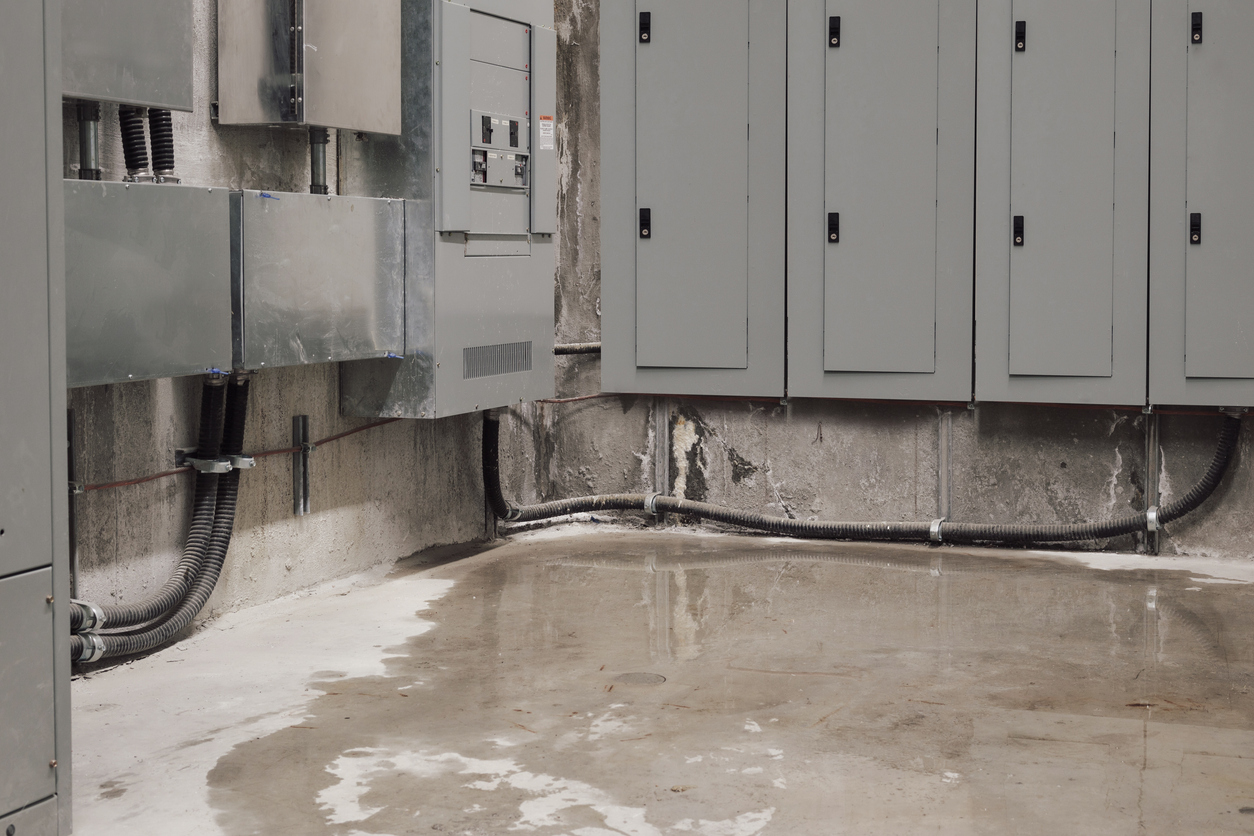The Texas Department of Insurance issued a bulletin this week indicating it is targeting contractors and roofing companies that "have been advertising or performing acts that would require them to hold a public insurance adjuster license." The bulletin provided grounds for the public warning:
It has come to the attention of the Texas Department of Insurance that a number of contractors, roofing companies, and other individuals and entities not licensed by the department have been advertising or performing acts that would require them to hold a public insurance adjuster license. Additionally, the department has learned that the tactics used by these unlicensed individuals include visiting neighborhoods and areas of the state where languages other than English are commonly spoken. These unlicensed individuals often prey on unknowing consumers by promising to ‘work’ insurance claims to achieve a higher settlement.
The Arizona Department of Insurance issued a similar warning, which I discussed in Contractors Cannot Legally Negotiate Insurance Claims. I wrote:
Over the past fifteen years, there has been a growing trend where out-of-state and specialty restoration contractors come to catastrophe areas. Some have one or two page contracts that essentially give them the right to act as the contractor and adjust losses for policyholders, as the contracts require payment based upon the insurance recovery. The Arizona Department of Insurance noted this trend, that it is illegal and the possibility of exploitation.
The Texas and Arizona Departments of Insurance seem to agree.
Significantly, the Texas Department of Insurance specifically noted that even "advertising" services that would require a public adjuster license is illegal. Gene Veno forwarded two advertising videos made by roofing contractors, and I posted about the advertising issue in Roofing Contractors Are Not Legal "Insurance Claims Experts." I suggest that roofers and restoration contractors ensure that their advertisements are not going to be Exhibit A in a civil or criminal action brought by a Department of Insurance.
Many in the insurance industry believe a number of insurance restoration contractors are "gaming the system" so that estimates are intentionally inflated in scope and price. Departments of Insurance have been shown various examples of improper conduct by roofers and insurance restoration contractors. As stated in Roofing Contractors Are Not Legal "Insurance Claims Experts,” I think part of the problem has been a lack of government regulation or oversight:
I have noticed a trend at insurance fraud seminars where insurance restoration contractors and roofers are discussed. The insurance restoration industry has exploded over the last dozen years. There are many legitimate players in that industry and some unprincipled players who will do anything to make money. For example, Comments on Unauthorized Public Adjusting noted how some construction contracts are deemed illegal public adjusting contracts by the California Department of Insurance. Problems arise in the insurance restoration industry because it is not licensed by the departments of insurance, and in many venues, there is no government oversight which protects the public at a time of crisis.
The Texas Department of Insurance seems to agree and indicates it will recommend new regulations to curb the problems:
The department takes seriously the harm unlicensed individuals and entities can cause on the marketplace when they prey on unsuspecting consumers and the industry. I urge insurers, agents, adjusters, and consumers to help call attention to and halt attempts by unlicensed persons to negotiate insurance claims, and I encourage everyone to report these practices to the department and the TDI Fraud Unit (1-800-252-3439 – Report Fraud).
The Insurance Code provides for both civil and criminal penalties for violating this licensing requirement. The department will refer unlicensed persons performing the acts of a public insurance adjuster to the Texas Attorney General, pursue all remedies available under the Insurance Code, and highlight these practices to the Legislature so that it may consider further steps to regulate these persons and activities. (emphasis added)
Finally, there was a curious quote and warning to insurers in the bulletin:
[I]nsurers cannot utilize roofers as de facto public insurance adjusters nor provide commissions to them in the form of direct or indirect payments or rebates that are in excess of amounts owed under the policy.
Insurance claims managers should take this warning to heart when developing internal claims guidelines. Insurance company and independent adjusters should not encourage illegal conduct by negotiating claims with roofers or insurance restoration contractors. At the same time, it is important for those same insurance adjusters to fully investigate claims and carefully consider roofers’ and contractors’ professional estimates and opinions. Legitimate contractors have expertise that can aid all adjusters in arriving at accurate estimates of loss.
The distinction between negotiating a loss and seeking information might be fine, but it is legally significant. The policyholder, not the contractor, has the right to negotiate the insurance claim. A roofing contractor cannot determine the rights and benefits owed to a policyholder. In fact, roofers and contractors who interpret policy language and negotiate policy benefits are acting illegally. These bulletins should be taken seriously because continued illegal activities could lead to significant civil and criminal penalties.



